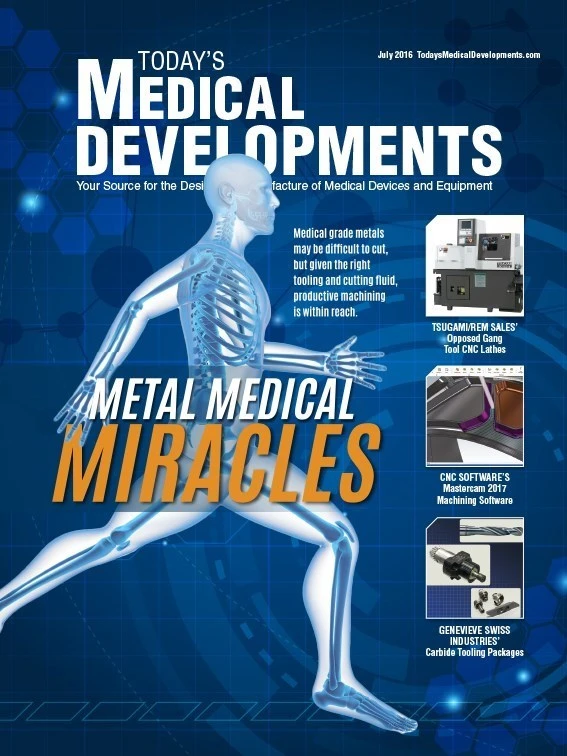
Life in Cleveland looked a little different, a little brighter by 10:35pm on Sunday, June 19, 2016. The 52-year curse was lifted – but it wasn’t an easy road to success. The Cleveland Cavaliers – led by LeBron James scoring his 16th triple double in the playoffs, the chasedown block on Andre Iguodala, and Kyrie Irving’s epic 3-point shot with 53 seconds left – brought home the NBA Championship title. And, with that win in game seven came a moment Cleveland fans will never forget, a storybook ending for Clevelanders, who will always be able to tell you about their sports nightmares, with phrases such as The Drive, Red Right 88, The Fumble, and the ’95 and ’97 World Series.
However, no one wants to wait 52 years to hold the top title in their industry. In the world of sports getting to the top requires the right balance of players with talent and coaching. To have success in manufacturing you need the right talent in the workforce, and if the workforce you need doesn’t exist, you need the right coach to develop it.
Last month, PwC, along with the Manufacturing Institute, surveyed 120 U.S. manufacturers for the report, “Upskilling manufacturing: How technology is disrupting America’s industrial labor force.” Findings from the survey show that:
- Skills shortages are not uniformly felt, with 33% of manufacturers saying they have no or only a little difficulty in hiring talent to exploit advanced manufacturing technologies, while 44% have moderate difficulty
- The worry is that it will worsen, with 31% seeing no manufacturing skills shortage now but one is looming in the next three years, while 29% say it exists and will only worsen in the next three years
Also revealed in the PwC survey was that the most common strategy for getting employees into advanced manufacturing is to train in-house – apprenticeships, something we promote through our #WhyMFG campaign – followed by recruiting local STEM students and outside vocational training. Then came the response that robots are not stealing manufacturing jobs; 37% believe that the adoption of advanced manufacturing technologies will result in their hiring additional employees; 45% said robots will have no impact on their hiring plans. Only 17% said it will result in hiring fewer employees.
However, the key take-away from this report is how advanced manufacturing technology is the game-changer, with nearly three-quarters of non-factory floor manufacturing jobs requiring candidates to have a four-year or advanced degree.
While robotics, the Internet of Things (IoT), and advanced technologies – such as additive manufacturing – are changing the way companies manufacture products today and plan for tomorrow, they can be keys to a road to success. The changes that are transitioning traditional factory jobs and workforce into advanced technology machinists and designers is not going to slow down anytime soon. This should be the spark in company CEOs who want to stay on the right road. They should always be looking for ways to invest in their company, putting it one step ahead of the other teams by hiring leaders (coaches) and workers (players) that will be well-prepared with the right tools in their toolbox for today and well into the future.
With the right equipment, plans, and support, it shouldn’t take 52 years to get your company to the top – and keep it there. ~ Elizabeth

Explore the July 2016 Issue
Check out more from this issue and find your next story to read.
Latest from Today's Medical Developments
- Arcline to sell Medical Manufacturing Technologies to Perimeter Solutions
- Decline in German machine tool orders bottoming out
- Analysis, trends, and forecasts for the future of additive manufacturing
- BlueForge Alliance Webinar Series Part III: Integrate Nationally, Catalyze Locally
- Robot orders accelerate in Q3
- Pro Shrink TubeChiller makes shrink-fit tool holding safer, easier
- Revolutionizing biocompatibility: The role of amnion in next-generation medical devices
- #56 Lunch + Learn Podcast with Techman Robot + AMET Inc.





